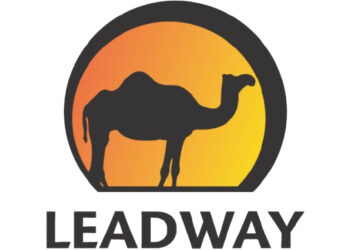The insurance industry and the general economy are in a long haul journey and the former exists for the later to thrive, individuals and businesses thrive by ceding risks to the insurance market.

However, the economy moves along the undulating way, changing directions as the economic landscape dictates, which behoves on businesses to aiter models to survive. Enterprise risk management consultant Dr. Uzoma Ofurum, who is managing consultant at Danslei Nigeria Limited, bares his mind on a range of issues as it affects insurance market.
UZOMA: Let me start from the economy as it impacts on insurance. Insurance companies are businesses and are affected by the economy the same way as the other businesses. When the economic landscape changes, it means altering the business models to survive. You have to make changes in investment strategies, and in all the other units of operations. Knowing the opportunities and vulnerabilities that insurance companies face can help you make better decisions for your business.
Insurance companies make money by investing premium payments in dividend paying stocks, mortgage backed securities, real estate and in financial institutions all of which can be vulnerable to economic changes. When the economy is doing well, investment returns would increase and insurance companies may be more likely to accept a claim. When investment returns diminish in a down economy, insurance companies need to make the loss money back somehow, sometimes by taking out loans or by scrutinising claims more closely and denying claims. An insurance company might even litigate a claim in hopes of delaying or decreasing the amount that it needs to pay, which might cause significant hardship to a small business.
When the economy is down, fewer small businesses have extra money to spend on insurance. This means the demand for insurance is down and providers have to compete more with one another, this further reducing the rates. Lower rates actually offer businesses opportunities to expand insurance coverages. Then of course there are tendencies of smaller businesses making more claims from the insurance companies when the economy is down.
Uzoma: The governments at the federal, state and local government levels should adopt enterprise risk management and transfer all insurable risks to the insurance companies. There is compulsory insurance in Insurance Act 2003 and it is expected that government should implement it fully at government properties nationwide. We acknowledge the fact that government can retain their risks, yes, they have access to regular flow of money through taxation, loans, derivatives etc. But in a dwindling economy like that of Nigeria, the government should be able to transfer most of its risks to the insurance companies. The regulators, not just NAICOM, all the regulators should emphasise on the need for enterprise risk management and transfers of risks at all government levels, is for sustainability purposes.








































